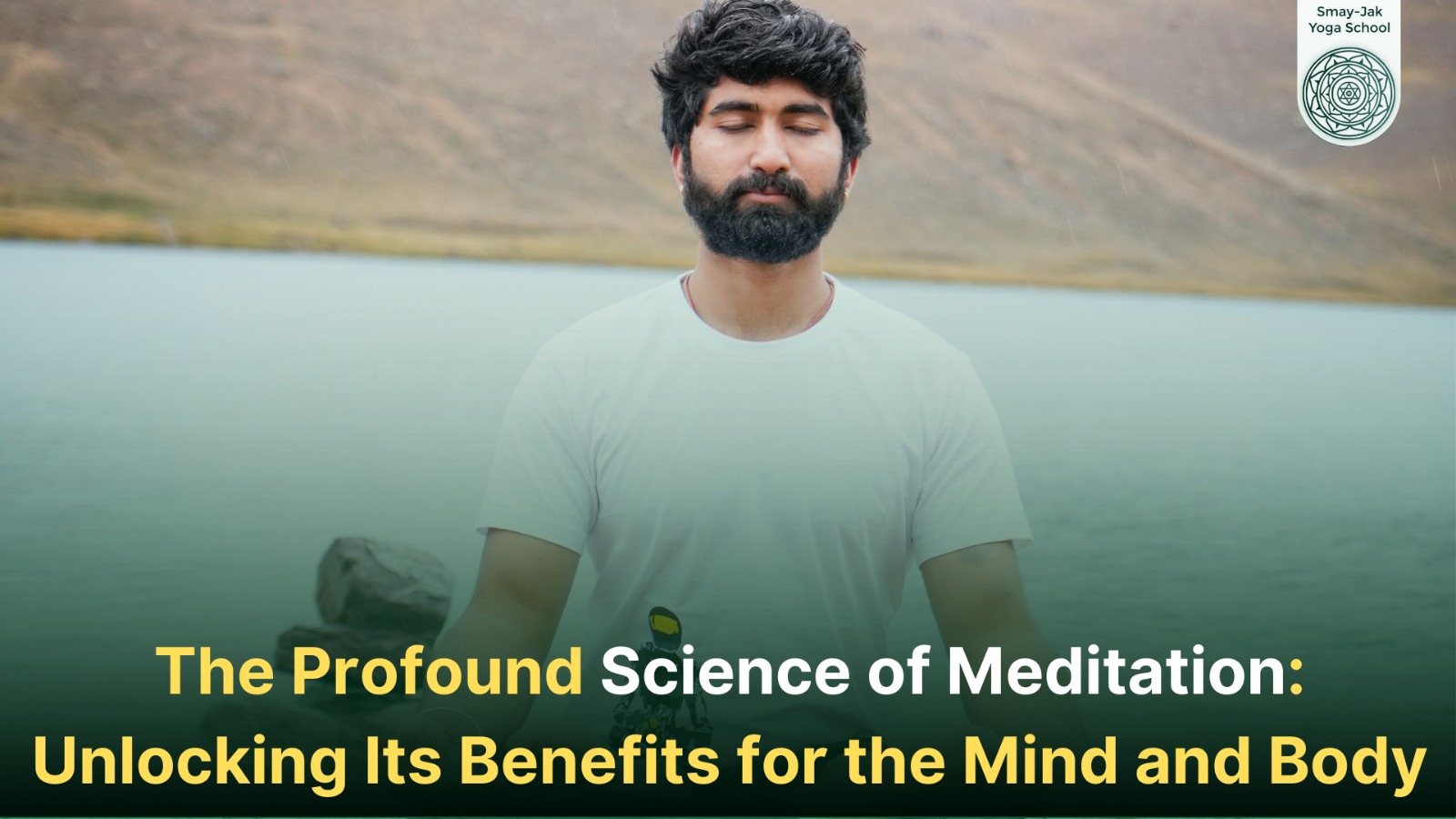Originally limited to religious temples, now in our contemporary lives we find meditation is in practice by the world’s greatest athletes, embraced by corporate heads, and well-loved by millions of individuals looking to find inner peace. Much has been said about meditation per se, but there are always people who believe it is ineffective. Contradicting on the last present scientific researches, however, meditating is far more than a relaxation technique; it acts as a powerful catalyst for brain wellness, emotional balance, and even corporeal well-being.
With that said, many religious temples never seemed to be so much part in today’s life: meditation is being practiced by the greatest athletes in the world and embraced by their corporate heads. It has been well-liked among the millions seeking inner peace. About meditation, much has been said and criticized, but there are always some opposers to that belief. Contradicting on the last present scientific researches, however, meditating is far more than a relaxation technique; it acts as a powerful catalyst for brain wellness, emotional balance, and even corporeal well-being.
Meditation’s Influence on the Brain
The studies of meditation have hinted that they make considerable neurological changes in terms of both structures and functions. Brain activity appears to change while meditating in ways that neuroscientist Dr. Neil Bailey has suggested to enhance concentration, speed up decision making, and produce a better memory. An EEG cap being used in studies reveals that meditation synchronizes brainwaves together and places the person in an attentive and calm state. Such a change possibly improves the energetic efficiency of the brain whereby a person performs better with less effort.
Further, these studies have deepened understanding by showing a participant’s eight-week practice of meditation to enhance gray volume of the critical regions, such as the hippocampus, prefrontal cortex, and temporo-parietal junction. The last two areas are generally important in memory, learning, concentration, controlling impulses, and regulation of emotions. The strength of this brain indicates that that use it or lose it applies to brain health – constant meditation strengthens neural pathways and improves things over time.
Meditation and Aging: A Cellular Perspective
In addition to its cognitive advantages, meditation may affect the aging process on a cellular level. Telomeres, protective caps at the ends of chromosomes, are vital key markers for determining cellular health and shortening with age to indicate cellular aging. However, studies comparing meditators with non-meditators have demonstrated that meditation can create a steadiness of telomere length and even possibly encourage telomerase activity, an enzyme involved in the preservation of the integrity of telomeres. It has been suggested that meditation could, thus, be one way to delay cellular aging and be in proactive maintenance of youthful vitality.
Emotional and Psychological Benefits
The effects of meditation run in deep and profound levels in the mental health of individuals. It has offered a glimmer of hope to individuals like Ross who experienced severe depression and anxiety. Meditation has proved to be effective in the same way an antidepressant has reduced depressive symptoms and relapse rates while not resulting in side effects characteristic of medications. Dr. Richard Chambers defines mindfulness meditation to mean the interruption of that vicious cycle of negative thinking by developing one’s ability to be aware of thoughts without judgment. This increased awareness allows individuals to understand that thoughts are more like passing clouds and not solid objects in reducing rumination and building emotional resilience.
The Practice of Mindfulness
The fact is different types of meditations that have been proved with research include mindfulness. Dr. Chambers defines it as concentrating the entire body and breath on the present environment, thereby promoting non-reactiveness. During mindfulness, the prefrontal cortex, which is the conductor for the brain,” is heavily activated during mindfulness, building the power of the brain to attend and regulate stress.In the long run, it trains a “mindful muscle” creating space and contentment.
A Personal Journey: The Path to Transformation
The life history of Nick Brewer as it evolved from being a drug dealer to a yoga/in yoga meditation teacher is enough proof of how powerful this practice can be. Nick had chaos and imprisonment in his life. He found peace through meditation, which brought him to serenity and purpose. Today, he teaches others to recognize the power of mindfulness.
Conclusion
Meditation as a practice is as old as time in the annals of human civilization. And just not that; research has also affirmed it’s the most reliable tool of mental and physical excellence over centuries. It works wonders regarding brain structures; memory flashes; harmonizes disorganized or disturbed emotional states; and decelerates cellular aging processes. Meditation fills every emotional gap from improving your attention, bringing down your anxiety levels, and instilling an all-around equilibrium. Accept it into your life and bring out the magic within you.
By Smayjak Yoga School





